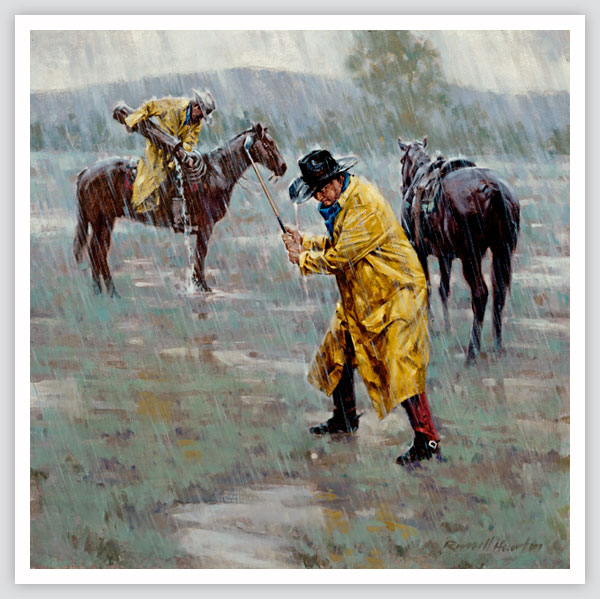Pablo Geronimo is a small (5’5″), Peruvian/American sheep rancher from Naples (near Vernal), Utah. In addition to his sheep ranching operation that stretches from the deserts of Eastern Utah, where Pablo winters his sheep, to the alpine meadows near Steamboat Springs where he summers, Pablo also runs a small shearing operation.
During the Fall of 2011, I spent several weeks with Pablo and his crew as they “tagged” sheep for a big ranch with multiple herds near Baggs, Wyoming and Wolcott, Colorado. We spent any “down” time in between tagging, shearing lambs in Greeley.
For those who have never been exposed to it, shearing and tagging sheep is probably just about as physically demanding as any occupation on the face of the earth, as shearers are expected to shear a minimum of 100 sheep, or tag (shear around the hind ends and eyes) a minimum of 300 ewes a day.
At the time, I was doing research and working on a book project about what it means to be under-employed in America. The interesting thing about shearing and tagging sheep is that although it is very physically demanding, it can pay quite well, with capable shearers earning $250+/day.
Although it might be interesting to tell more about Pablo’s backstory, that’s not the primary purpose of this piece. In a nutshell, however, Pablo (who is now 64) was a Peruvian orphan, the youngest of a very large family of 13 children. Both his parents died when he was about 10 years old. His family tended a nomadic, seasonal alpine dairy for an American family of absentee owners high in the Andes Mountains of Peru. Every day during the Summer season part of the family would milk the 100 cows they tended by hand. The other part of the family would deliver cans of milk on a string of pack mules to a milk truck that would be waiting to meet them about five miles down the mountain.
A few years after Pablo’s parents died, the same American family offered him a job herding sheep in Colorado. Pablo accepted, and some time later met a rancher by the name of Tom Murray, who lived in Jensen, Utah. Tom introduced Pablo to the LDS Church, and Pablo was baptized. After herding sheep for 10 or 15 years, Pablo was able to gain U.S. citizenship and bring his family to the United States in the 80s, and a decade later, Pablo was offered the unique opportunity to buy a small sheep ranch headquartered near Vernal. Pablo and his family did all the work, and he often had to do janitor work and other side jobs to help feed his family and pay for the ranch. But he did it. And eventually Pablo developed a small shearing operation as well. Pablo is a good, humble, salt-of-the-earth man. I have stayed in touch with him since our time together.
Last week I was very saddened to learn from a story reported on ksl.com (http://www.ksl.com/?nid=148&sid=29787327), that Pablo had experienced a little run-in with the law. It seems that Pablo was involved in a traffic stop for an expired vehicle registration and driver’s license. The officer issued Pablo a citation. Because of the situation, the officer told Pablo he could not continue to drive his truck, and asked him to call someone to come get it. When he was not able to reach anyone who could come drive the truck the officer became frustrated. Pablo tried to explain that he was in something of an emergency situation with his sheep, and needed to attend to them very quickly or they would be scattered and lost. Rather than see the genuine need for assistance, however, the frustrated officer insisted that Pablo stay put. When the officer began yelling at Pablo and refused to cooperate in any way, Pablo started crying, exited the vehicle and started walking toward his sheep. The officer screamed at Pablo to stop, and eventually tackled him, taking him to the ground, and banging up his face, before handcuffing him, arresting him and taking him to jail. Among other things, Pablo was charged with assaulting a police officer and resisting arrest.
The officer maintains that his actions were fully justified because Pablo failed to obey all his commands when he was ordered to stay in the vehicle. The officer’s superiors are standing behind him, maintaining that his actions did not violate department policy.



